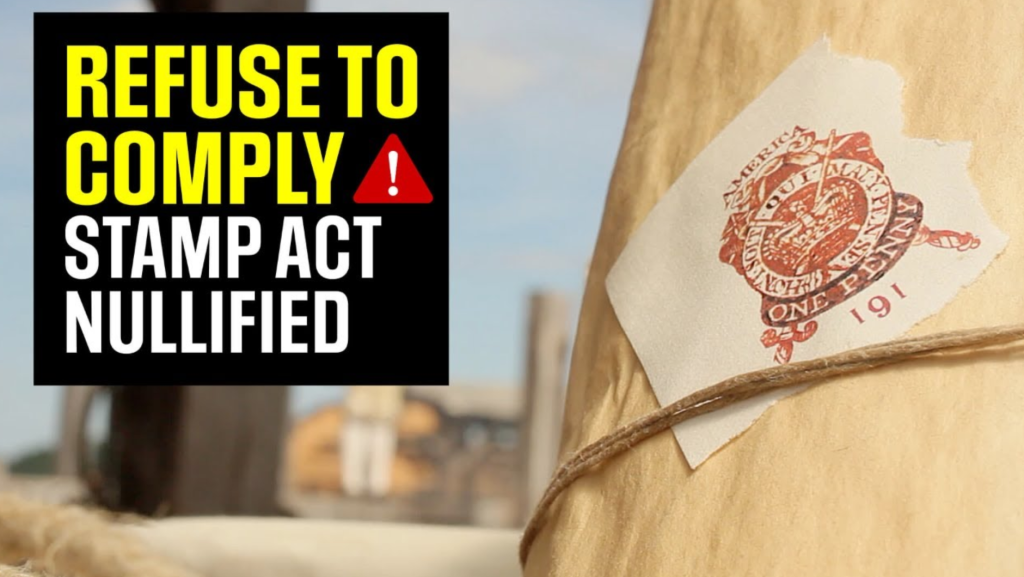On November 1, 1765, resistance against the Stamp Act emerged not just through familiar protests, but through a myriad of lesser-known strategies that demonstrated the power of non-compliance. In a recent podcast episode by Michael Boldin, these hidden methods of defiance, which contributed to the eventual repeal of the Act, are examined. The Stamp Act imposed significant taxes on various printed materials without colonial representation in Parliament, igniting widespread dissatisfaction among colonists. While historical accounts typically highlight the dramatic protests led by groups such as the Sons of Liberty, the episode delves into the subtler, everyday acts of refusal that played a key role in challenging this legislation.
Many colonists opted for creative forms of dissent, ranging from silent boycotts of taxed goods to community discussions aimed at educating others about the injustices of the Stamp Act. These less visible acts of resistance fostered a collective spirit of noncompliance that significantly hindered the Act’s enforcement. Business owners who refused to sell stamped paper or participated in the boycotts demonstrated economic resistance, effectively undermining the implementation of the tax. By creating networks of support and information sharing, colonists were able to strengthen their resolve, laying the groundwork for a more unified opposition to British rule.
The founders of the United States recognized the importance of these tactics, advocating for similar strategies to nullify unconstitutional acts in their time. Embracing the principles of state sovereignty and local autonomy, colonists learned to leverage their resources and collective identity against overreach by the British government. This spirit of resistance established a precedent for future generations, reminding them that lawful government should operate with the consent of the governed, a belief that continues to resonate with those who seek to resist perceived injustices today.
Boldin emphasizes that the lessons from the resistance to the Stamp Act are not confined to history; they are applicable in the current political landscape as individuals face various forms of governmental overreach. The episode argues that modern activists can employ similar methods of defiance, including grassroots organizing, civil disobedience, and public education campaigns, to contest laws that they view as unconstitutional. By doing so, citizens can create a culture of accountability and foster an environment in which government actions are scrutinized, thus promoting constitutional fidelity.
Moreover, the podcast highlights the importance of understanding local governance and the power inherent within states and communities. Federal actions that infringe upon constitutional rights can often be countered through local policies and community-based initiatives. The teachings from the colonial resistance encourage proactive engagement with local representatives and empowerment of citizens to challenge governmental authority when it overreaches. This approach aligns with the underlying principles of federalism, where states serve as a crucial check on federal power.
Ultimately, the summary of the resistance to the Stamp Act reveals the enduring legacy of non-compliance and civic engagement as fundamental components of American political identity. By exploring the effective strategies employed by early colonists, modern Americans are called to reflect on their own roles in maintaining liberty. The lessons from history are potent reminders that, through collective action and a commitment to constitutional principles, individuals have the capacity to challenge and change their government when it strays from its foundational duty to serve the people.

